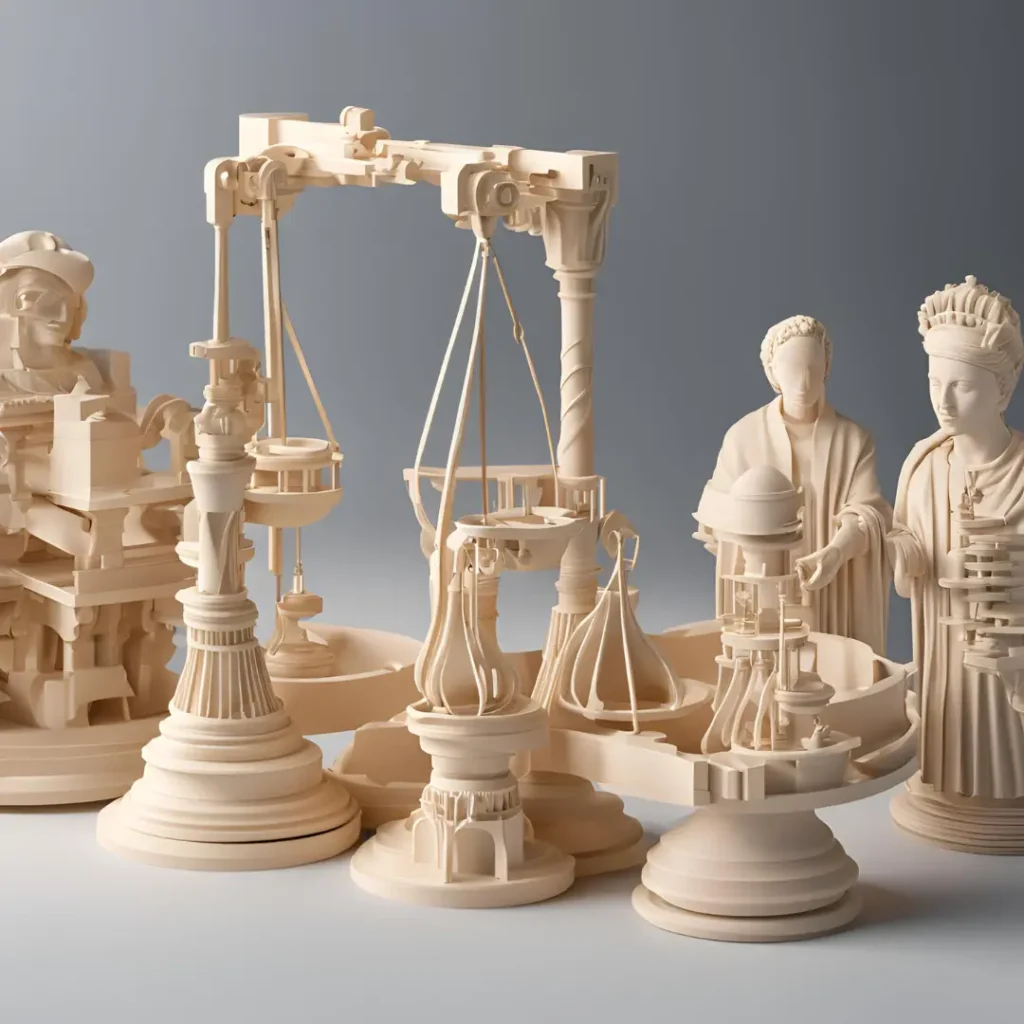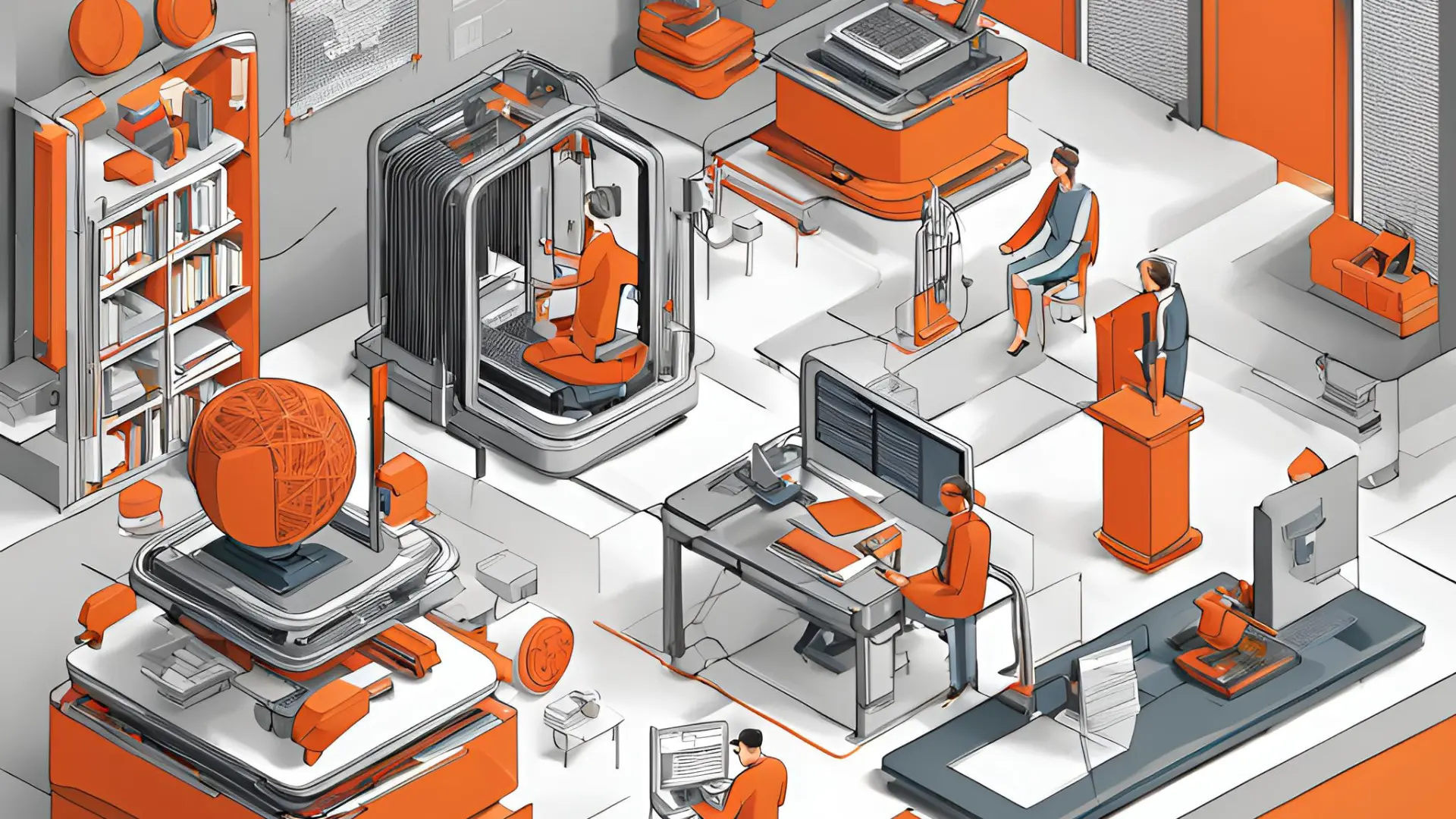The rise of 3D printing and additive manufacturing has revolutionized industries, empowering businesses and individuals to create complex designs with unprecedented ease. From healthcare and automotive to consumer goods and aerospace, this technology has opened doors to innovation. However, with great power comes great responsibility, and the rapid adoption of 3D printing has raised significant legal and ethical questions. In this blog, we’ll explore the legal and ethical implications of 3D printing and additive manufacturing and why addressing these concerns is crucial for the future of this technology.
1. Intellectual Property Rights
One of the most prominent legal challenges in 3D printing and additive manufacturing is intellectual property (IP) infringement. When users create or download designs from online repositories, they might unknowingly violate copyright, patent, or trademark laws.
- Copyright Issues: Copying and printing items without permission can infringe upon the original creator’s rights.
- Patents: Manufacturing patented products without a license raises legal concerns, especially in industries like healthcare and automotive.
- Trademarks: Printing items with brand logos or designs without authorization can lead to trademark violations.
Solution: Governments and businesses need to implement clear regulations for digital files and create frameworks to protect both designers and users.
2. Safety and Liability
The ability to create functional objects through 3D printing and additive manufacturing also introduces safety risks. For instance, printed parts in aerospace or medical applications must meet strict standards to avoid catastrophic failures.
- Product Liability: If a 3D-printed product causes harm, determining liability can be complex. Who is responsible—the designer, the printer manufacturer, or the end user?
- Regulation: There is a lack of standardized regulations governing 3D-printed products, particularly in critical sectors like healthcare and aviation.
Solution: Establishing global standards and certification processes for 3D-printed products is essential to ensure safety and reliability.

3. Ethical Implications of 3D Printing
Weapons Manufacturing
One of the most controversial aspects of 3D printing and additive manufacturing is the production of firearms and weapons. 3D printers can create undetectable and unregulated weapons, posing significant risks to public safety.
Solution: Governments worldwide are working to implement laws restricting the printing of weapons and related components.
Bioprinting and Human Organs
While bioprinting human tissues and organs holds incredible promise, it also raises ethical dilemmas. Should there be limits on the types of organs that can be printed? Who gets access to these life-saving technologies?
Solution: Clear ethical guidelines and regulatory frameworks must be established to ensure equitable access and ethical practices in bioprinting.
4. Environmental Concerns
Though touted as a sustainable alternative to traditional manufacturing, 3D printing and additive manufacturing can still have negative environmental impacts.
- Material Waste: Improper use of raw materials can lead to significant waste.
- Energy Consumption: Certain 3D printing methods consume a lot of energy, which could outweigh their environmental benefits.
Solution: Promoting the use of recyclable materials, developing energy-efficient printers, and adopting sustainable practices can minimize these impacts.
5. Data Security and Privacy
The digital nature of 3D printing and additive manufacturing raises concerns about data security. Design files stored in digital formats can be hacked, stolen, or misused.
- Counterfeiting: Unregulated access to design files can lead to the production of counterfeit goods.
- Privacy: Personal data related to custom-designed products can be exposed if systems are not secure.
Solution: Strong encryption methods, secure file-sharing platforms, and clear policies on data protection are necessary to safeguard sensitive information.
6. Social and Economic Impacts
Job Displacement
As 3D printing and additive manufacturing automate production processes, there is a risk of job displacement, especially in traditional manufacturing sectors.
Solution: Governments and educational institutions need to focus on reskilling and upskilling workers to prepare them for new roles in the 3D printing ecosystem.
Accessibility and Inequality
While technology is becoming more affordable, access to high-quality printers and materials remains limited in many regions. This could widen the gap between developed and developing nations.
Solution: Promoting affordable technologies and fostering global collaboration can help bridge this gap.
Why Choose Us for Your 3D Printing Education?
If you’re passionate about 3D printing and additive manufacturing and want to master this transformative technology, our institution is the perfect place to start! Recognized as one of the best institutes providing 3D printing courses in India, we offer comprehensive programs tailored for both beginners and professionals.
- 6-Month CAD Modeling and 3D Printing Course: This course provides in-depth training in design, modeling, and printing techniques, equipping you with the skills to excel in the industry.
- 3-Month Short-Term 3D Printing Course: Ideal for those looking to gain a quick yet thorough understanding of the basics and practical applications.
Join us to build a successful career in this exciting field and be a part of the future of manufacturing and innovation. Enroll today to unlock your potential!

